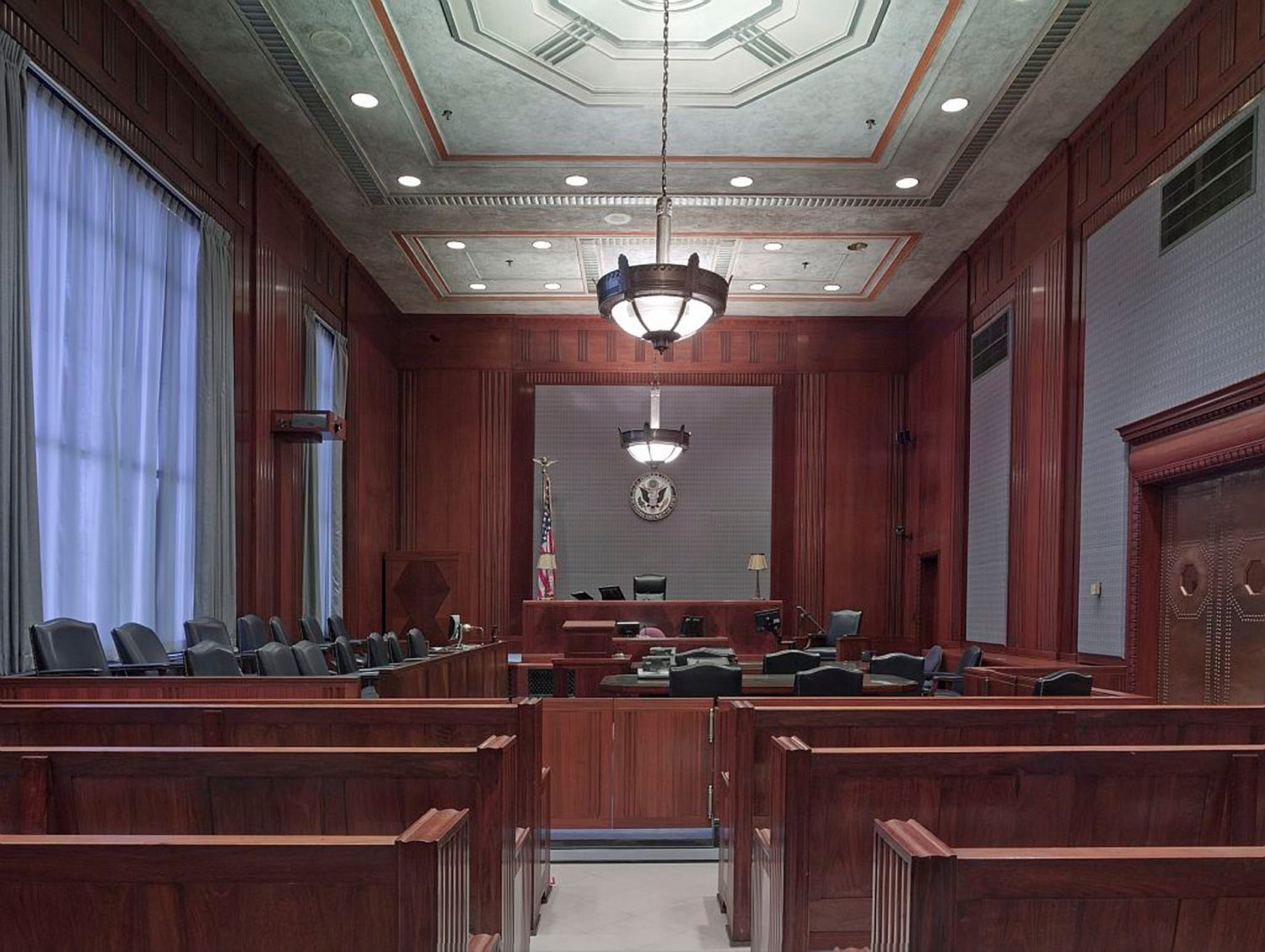
When you are chosen to administer an estate, you may have to go through the probate process. While it can sound like a daunting, gloomy task, your best bet is hiring an attorney who can ensure you complete the process efficiently and in a timely manner. To learn more about the probate process in Maryland, read on and reach out to our experienced estate planning and administration attorneys.
What is probate?
Probate is conducted to ensure a decedent has a valid will. Probate matters are handled in the Orphans’ Court. However, decedents’ property may only enter probate if it was exclusively in the decedent’s name. On the other hand, when the property is jointly owned by a survivor, that person will receive the property, generally preventing the probate process completely. I
What does the phrase “simplified probate proceedings” mean?
The death of a loved one is often the most challenging time in a person’s life. There are few things more heartbreaking than a death in the family, which is why Maryland has an alternative probate process for those who qualify. In simplified probate proceedings, a decedent’s assets must be worth less than $30,000–estates worth less than $30,000 are considered “small estates.” Generally, small estates are closed out within a matter of months. This is because the Orphans’ Court does not need to approve Administration Accounts, and inventory does not need to be filed.
Additionally, if you are a surviving spouse and are receiving assets worth less than $50,000 you may also undergo simplified probate proceedings. However, some people may also qualify for what is known as the “Modified Estate Administration” procedure. This process allows certain individuals to avoid the Orphans’ Court and close their estates within 10 months.
What is the probate process in Maryland?
First, you and your attorney will file your will in the Register of Wills where the decedent resided when he or she passed away. From here, the estate’s personal representative will file a petition for probate, as well as additional forms at the Register of Wills. Next, the personal representative will locate all beneficiaries, pay outstanding debts, identify all the decedent’s remaining creditors, create an account of all the assets, and, finally, distribute assets to all their corresponding beneficiaries, and close out the estate by filing a Certificate of Compliance.
Contact our experienced Maryland firm
The attorneys at JD Katz have years of experience compassionately guiding clients in Maryland through the estate planning and administration process. Our firm also has experience with matters of elder law, business law, tax law, and litigation. For a legal team that will put your needs first, contact JD Katz today.
